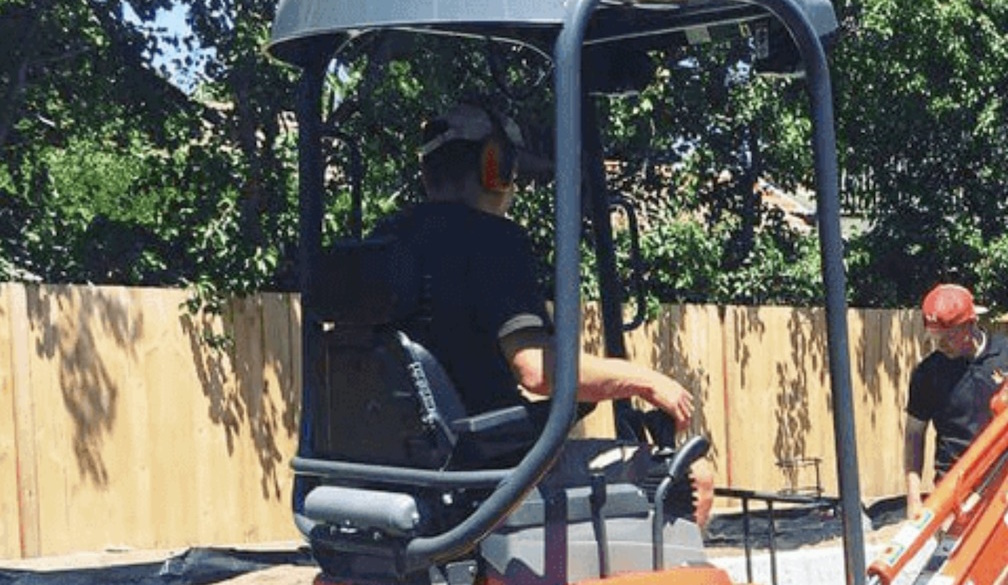1 in 3 Australians don’t believe the Four Day Work Week will ever happen

Future X Collective reveals why workers are restless for action and what companies should be doing to drive the future of work.
After the global pandemic and a seismic movement towards better work-life balance, the four-day working week has rapidly gained momentum globally and has been a well-known buzzword in conversations about the Future of Work.
With twenty companies across Australia and New Zealand currently trialling the program for the next 6 months, a reduced working week could be on the horizon for many employees.
However, over 1 in 3 (45%) of Australians believe that their job requires them to work more than 4 days a week, with 19% reporting that their workplace would be too worried about the loss of productivity to make the shift.
New research commissioned by leading workplace design consultancy, Future X Collective, found that over 1 in 10 Australians say that their workplace has expressed a reluctance or disinterest in a four-day work week, with only 5% believing that their industry will ever make the switch.
Co-founder of Future X Collective, Angela Ferguson, says: “As we rapidly approach the final two months of this year, many employees are feeling the onset of fatigue and burnout. While this year has opened a greater discussion than ever about flexible working, mental health and reduced hours, many Australians feel this is more talk than action.”
“It is important to acknowledge that many Australian companies are not yet prepared to transition to a four-day working week, should that be an option. However, they could be having open discussions about the suitability of a 4-day week with their board members and employees.”
“In the meantime, employers must find a way to support employees who are feeling overworked in a way which is proactive rather reactive and put words into action.”
Currently, 1 in 3 Australians would leave their current job for a company that offered a four-day working week for a better work-life balance. Interestingly, 40% of Australians aged 18-24 years would move to a company that offered a 4-day work week, compared to 26% of those aged 45-64 years.
Several respondents expressed that they were seeking more work-life balance, while others stated that they would be concerned about the pressures of the reduced hours.
“I'd worry that there will be pressure to keep working on the 5th day anyway. Unless everybody has the same day off, people will still bug you on your day off for so-called critical/urgent things.” Said a 24-year-old communications officer from Sydney.
“I would very much like to have a shorter working week. I believe society as a whole would benefit from everyone working less hours and having more leisure time.” Said a 41-year-old IT worker from Melbourne.
Based on the findings, Future X Collective has shared 3 key tips for businesses to support employee wellness, work-life balance and create an optimal experience of work:
Offer appropriate work/life balance measures
Alternatively, to offering a four-day working week, try to implement scheduled down periods for your employees so they do not feel like they always need to be online and attending meetings.
Some companies introduce Summer Fridays during the warmer months, as this allows the team to clock off early or dedicate a longer lunch period to enjoy the season and spend additional time off how they wish like going to the beach or out for afternoon drinks with friends.
Another option to fight post-weekend blues is to implement ‘Meeting-Free Mondays’. This provides your employees with the space to ease back into Mondays without the chaos of meetings to back-log their workflow. Even offering flexible working hours on a Monday, so parents can take their kids to school without it being a stressful time-sensitive task is a great way to support your staff.
Presenteeism
Prior to the widespread adoption of hybrid working, presenteeism was identifiable in people making sure they were “seen” in the office as a signal of their commitment. Whether that be arriving early to work or always offering to lead team meetings.
In the new world of work, these behaviours can manifest in “electronic presenteeism” evidenced by people always being “on” by answering emails or texts at any time of day or always sitting in on as many zooms or teams’ meetings as possible.
Ferguson says, “while people think on face value that presenteeism is good, this culture drives burnout and exhaustion in employees often resulting in long-term loss of productiveness.”
For workplaces to support the mental health of their employees they can design behavioural protocols that encourage staff to set appropriate working boundaries, like limiting the frequency in which they arrive early to work each week and minimizing their responses to emails during the evening.
Be proactive in offering mental health services to your team
In a post-COVID society, it is important that modern workplaces consider their team’s mental health and if they require extra support. During regular meetings or when onboarding a new team member, you should ensure that you are making your team aware of what services are available to them if they need mental health support.
External mental health services and subscriptions can be costly for employees, so offering support to your team by providing services free of charge can reduce any financial pressures. There are many services you can provide to your teams such as HR, online meditation apps, and EAP’s (Employee Assistance Programs). Remember the best way to support your team is to ask them what they need!
Future X Collective is the only strategic consultancy focusing on creating an Optimum Workplace Experience for businesses and their people, which aims to increase engagement and productivity, improve wellbeing, and more efficiently use property resources. Future X Collective views your business through multiple lenses including technology, leadership & culture, wellness, change readiness and environment with a focus on developing a customised Game Plan for the future.



